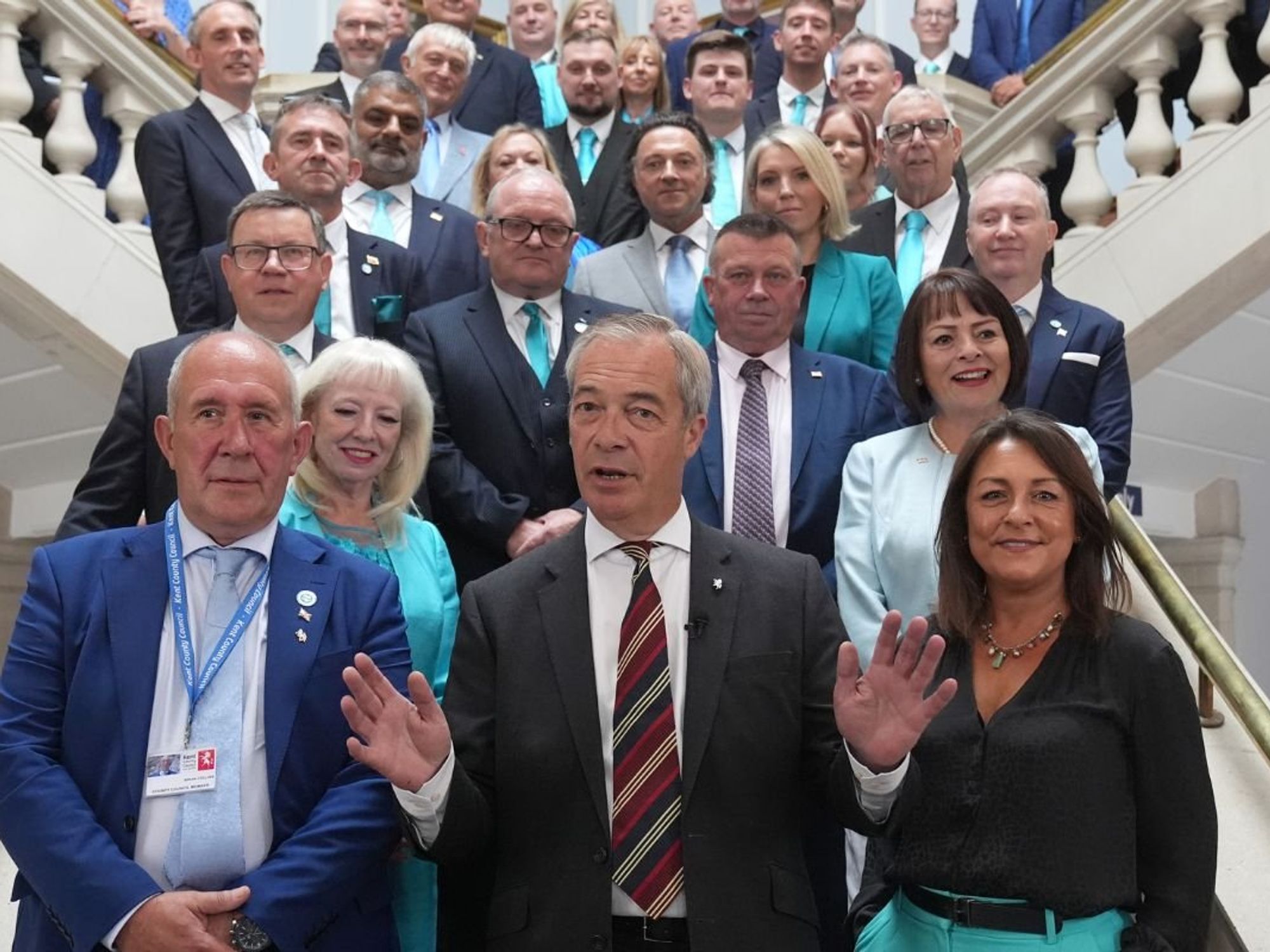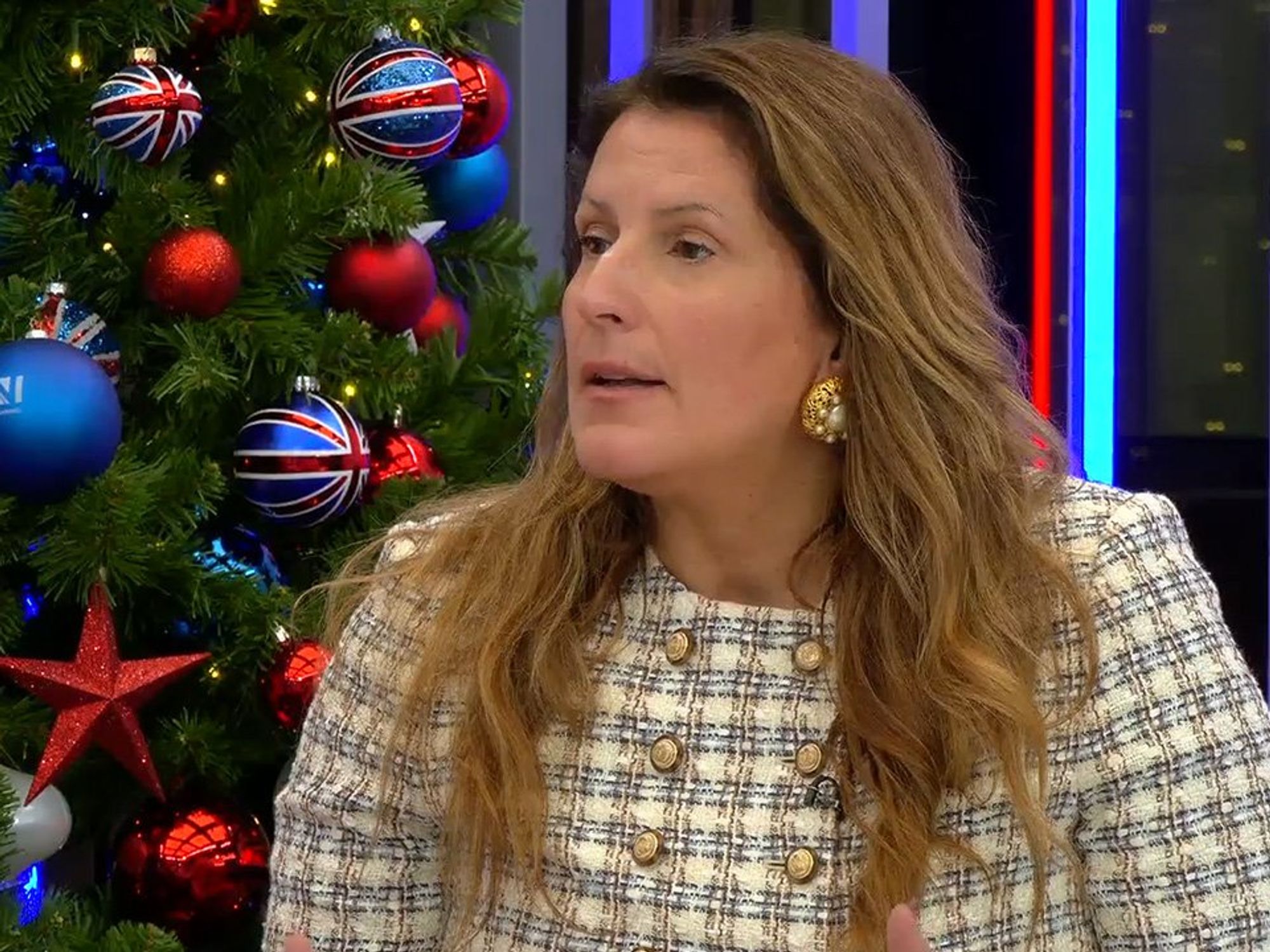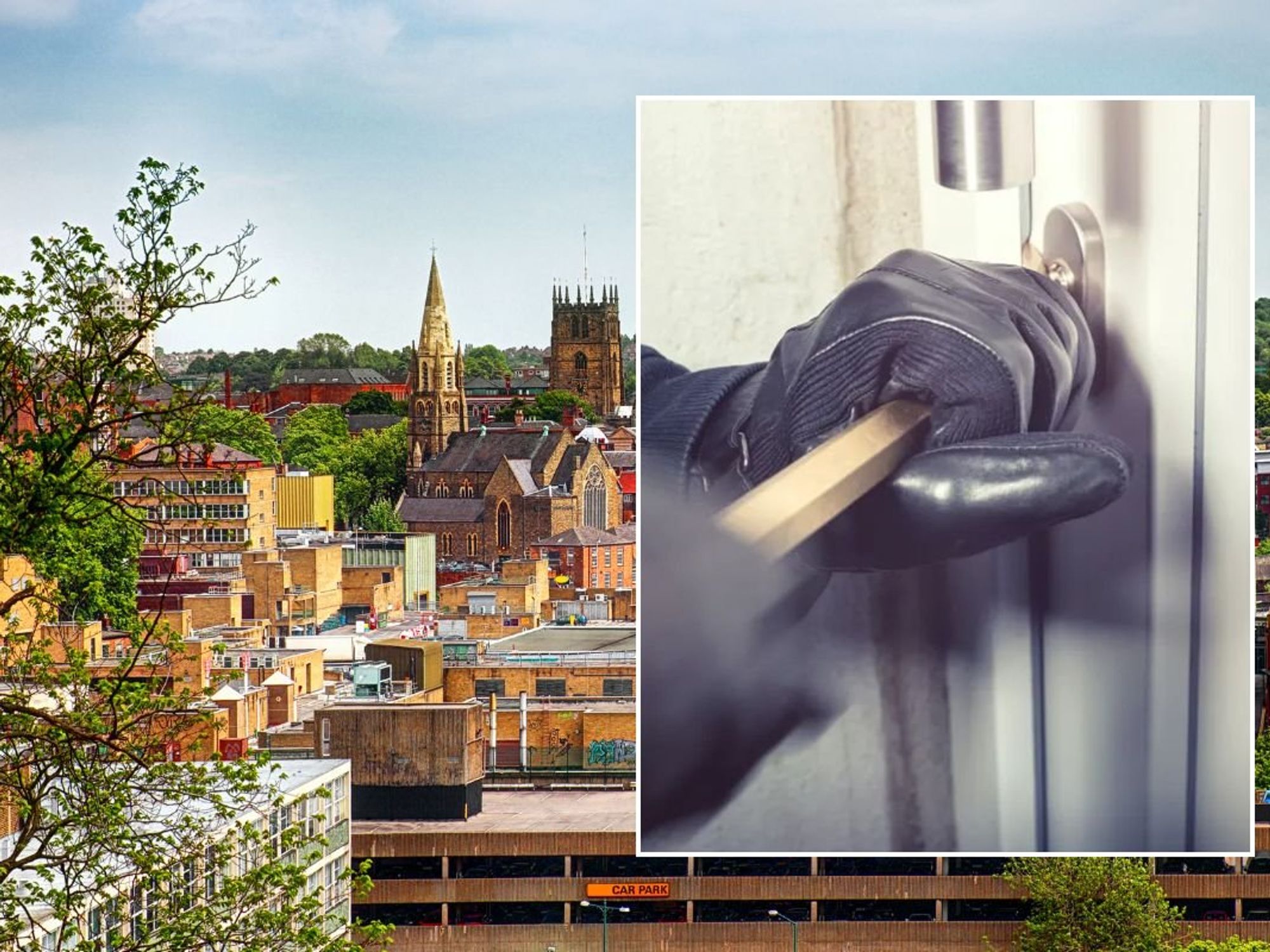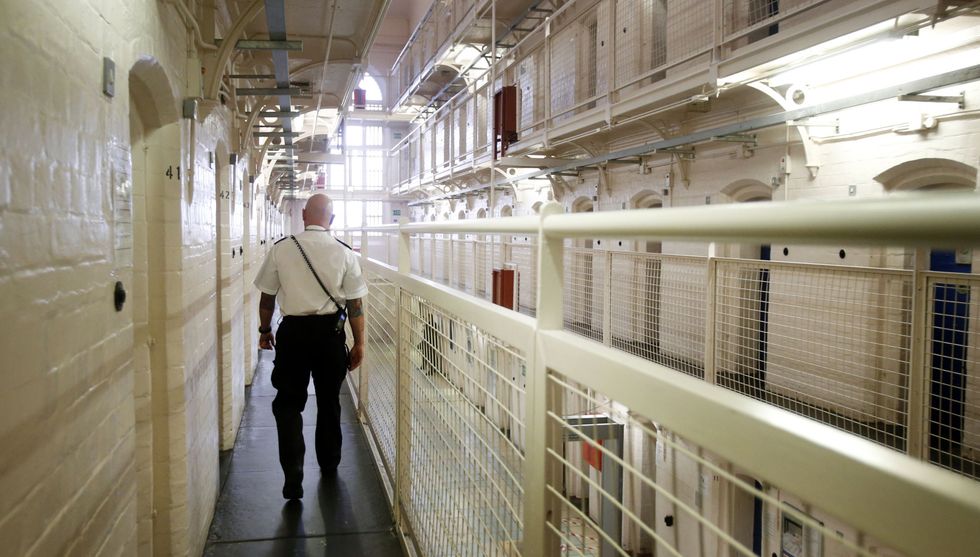Criminals working from home to complete community orders as offenders make greeting cards and face masks
Criminals have been allowed to “work from home” to complete their community sentences, a report by inspectors has revealed
Don't Miss
Most Read
Latest
A report by the four chief inspectors of the criminal justice system has found that offenders have been allowed to carry out activities such as making face coverings and greeting cards.
They are doing so to help clear a backlog of unfinished community payback work that built up during the Covid pandemic.
Probation officers say they plan to continue the work-from-home approach long after the conclusion of the pandemic, as the “innovative” scheme has proved successful.
It is currently in place for offenders unable to attend “external” payback schemes.
Unpaid work is often attached to community sentences for less serious crimes such as theft, shoplifting, some assaults and burglaries.
Offenders have to do between 40 and 300 hours, depending on the severity of the crime.
Prime Minister Boris Johnson has previously demanded that offenders slapped with community sentences should be in “fluorescent-jacketed chain gangs” publicly paying for their crimes.
They have been tasked to clear open spaces of rubbish and remove graffiti from public buildings, bridges and walls under Government-backed, multi-million-pound clean-up schemes.
But the four chief inspectors revealed in their report that a backlog of hundreds of thousands of hours of uncompleted unpaid work had grown after community payback projects were paused during the national and regional lockdowns seen in 2020 and 2021.
By December, there were more than 13,000 criminals who had not completed their allotted hours of unpaid work within 12 months of being sentenced by a court.
The Probation Service had to go back before judges or magistrates to get extensions, to avoid writing off criminal punishments.
This added to the pressure on courts already facing their own backlogs of cases.
The inspectors were joined by the Crown Prosecution Service, prison and probation, in saying this had led to “innovative” approaches to ensure offenders with “specific needs” could still carry out their unpaid work.
A statement reads: “A group of Community Rehabilitation Companies in the south of England, for example, developed an unpaid work ‘project in a box’, which could be sent to individuals who were shielding at home or could otherwise not attend external sites.
“Projects included making face coverings and greeting cards to strict industry standards, with the proceeds going to charity.
“The Probation Service has adopted this idea and will deploy it when individuals meet the qualifying criteria.”
The backlog from lockdowns is now believed to be so large that the Probation Service will have to deliver 155 percent of the pre-Covid hours of unpaid work in the next three years.
The statement continues: “While there are some clear advantages to such arrangements, some staff have also told inspectors that working from home or socially distanced offices have reduced opportunities to learn alongside more experienced colleagues.
“This is something that will need to be considered in developing future ways of working.”
Charlie Taylor, the chief inspector of prisons, said: “This report reflects our serious concerns about the ability of the criminal justice system to recover, even to its pre-Covid state.
“The impact of the pandemic will be felt for a prolonged period and whole-system recovery will take a lot longer than initially anticipated.”
Offenders have been working from home
Joe Giddens
A UK prison
Danny Lawson













